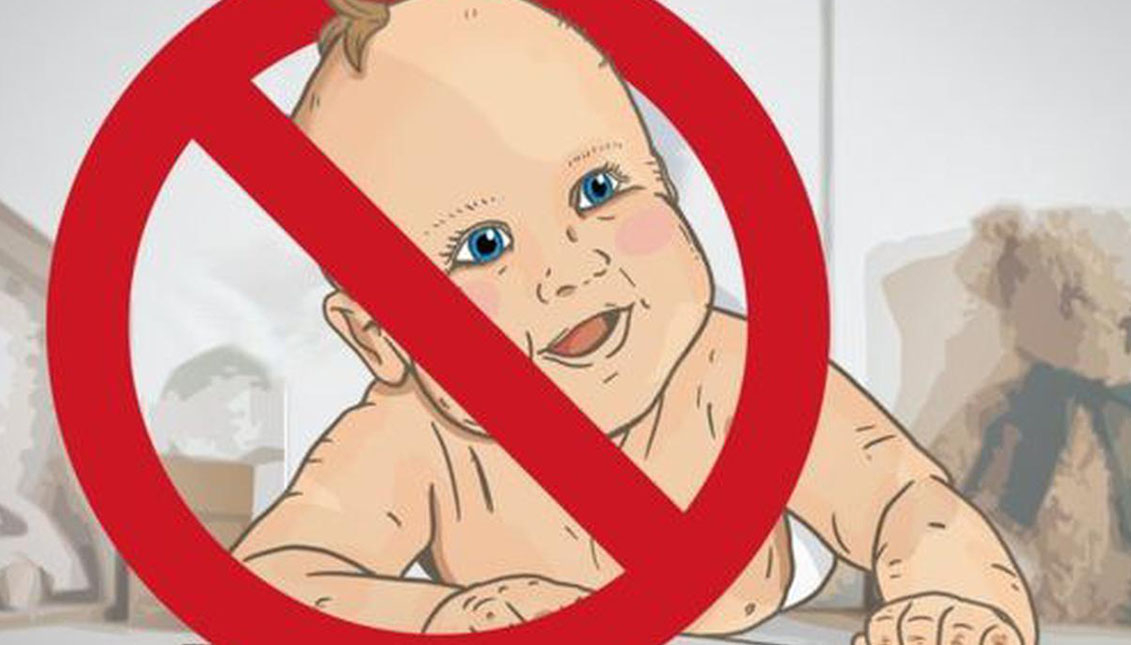
Generation Childfree: Not having children to save the planet
While scientists warn that the pandemic has caused the birth rate to plummet, generations 'Z' and millennials claim they have every reason to turn off the…
For some years now, anti-natalist groups have been proliferating on networks such as Reddit and Facebook, with thousands of members. Their arguments are varied, ranging from the most tragic vision of life as a path of unnecessary suffering, the meaninglessness of existence, genetic inheritance, human evil, the brutal economic crisis and ecology.
A philosophical movement whose roots are very old and can be traced back to the first religious traditions, from Buddhism to Marcionism and Catharism, and whose greatest exponents were the father of pessimism, Arthur Schopenhauer, and the economist Thomas Malthus.
One of the most delirious cases linked to the question of consent occurred a couple of years ago in India, when a young YouTuber, Raphael Samuel, announced in a video that he wanted to denounce his parents for having fathered a child without consulting him and launched the Stop Making Babes campaign, arguing that being born is the worst thing that can happen to a person.
Something that is also defended by South African philosopher David Benatar, who published the essay Better Never To Have Been, focusing on the need for birth control to avoid overpopulation and its effects on the environment. Benatar argues that "having been thrown into existence is not a benefit, but always an evil".
All this was happening a couple of years ago but, according to a new study by the University of Arizona, the trend is on the rise, mainly because of concerns among many young people about climate change and uncertainty about the future of the planet.
A team of researchers interviewed some 24 adults aged 18-35 who said global warming has played a major role in their decisions about whether or not to have children. This is consistent with another recent Morning Consult survey of 4,400 Americans, in which one in four adults said that this was the reason for not having children.
The official data do not invite fertility: the World Health Organization (WHO) already warned in 2019 that almost 690 million people were going hungry in the world and that this number had increased by 10 million compared to the previous year and by 60 million compared to five years earlier.
RELATED CONTENT
Why should our future progeny sow chaos, increase the carbon footprint and live a miserable life?, ask conscious Z's and millennials.
"Many people are now severely affected in terms of mental health by concerns about climate change," wrote Sabrina Helm, associate professor of family and consumer sciences and one of the lead authors of the study conducted by the University of Arizona.
"Then you add in this very important decision to have children, which very few take lightly, and this is an important issue from a public health perspective. It all ties into this broader issue of how climate change affects people beyond the immediate effect of weather events," she added.
Interestingly, the months of confinement due to the COVID pandemic have not increased the number of births. The blackness of the social, economic and health context has taken its toll on the reproductive desires of many, as evidenced by another Brookings Institution report that describes the last 12 months as a "COVID baby crisis" and predicts between 300,000 and 500,000 fewer births by 2021.
And this question of "to have or not to have" has even reached politics. With reflections such as the one made in 2019 by representative Alexandria Ocasio-Cortez in a live broadcast via Instagram.
"Basically, there's a scientific consensus that children's lives are going to be very difficult," she said. "And it does lead, I think, young people to have a legitimate question: is it okay to have children?"
While her comments drew angry reactions from conservative pundits at the time and she was even branded a "fascist," the truth is that Ocasio-Cortez was echoing the new airs of an era in which children are no longer born with a loaf of bread under their arm, but with inherited debt.











LEAVE A COMMENT: